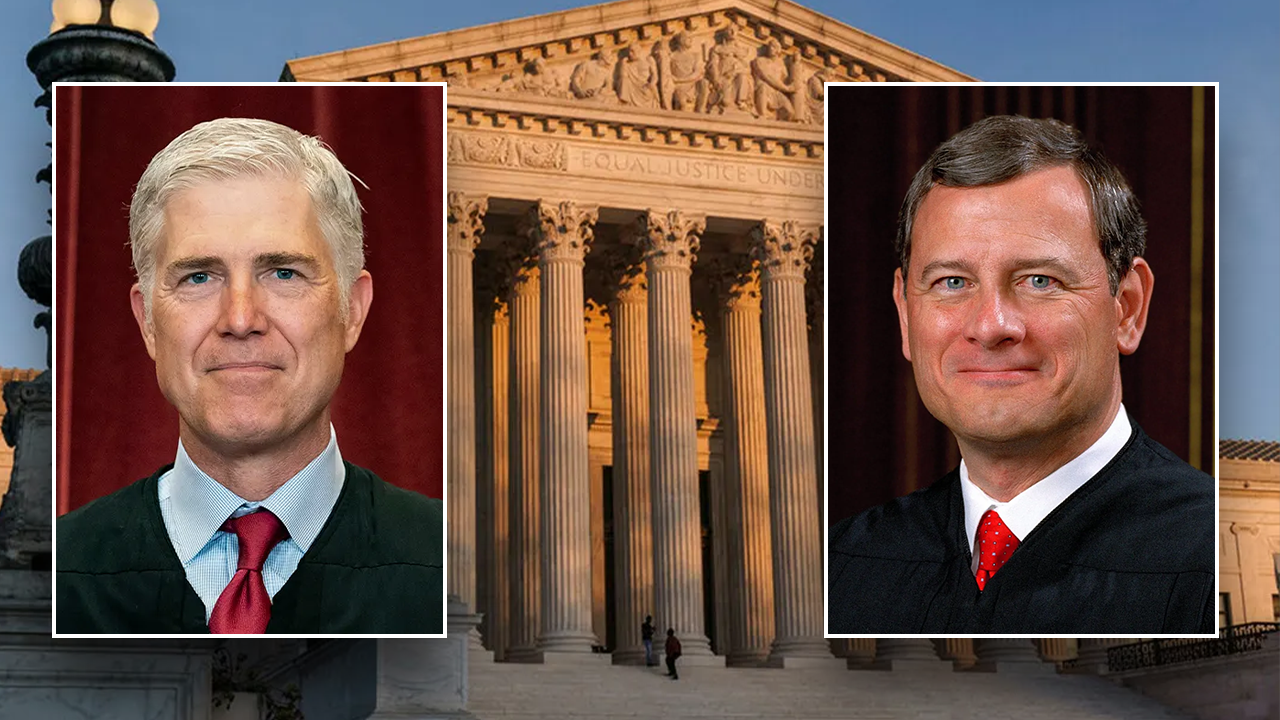LGBTQ opt-out case before the Supreme Court a ‘cultural zeitgeist’, expert says

Several Supreme Court justices signaled sympathy Tuesday toward Maryland parents who are seeking to opt their children out of LGBTQ-themed classroom materials. One education expert said the case could lead to a ruling that expands parental rights in public schools nationwide.
“This looks pretty promising for the parent petitioners in this case,” said Sarah Parshall Perry, vice president and legal fellow of the grassroots organization Defending Education. “I heard a lot of very aggressive questioning from the three liberal justices, but no matter how you slice this apple, it looks to be a very clear violation of the First Amendment, as exercised through the 14th Amendment’s right to direct a child’s religious upbringing.”
At the heart of Mahmoud v. Taylor is a lawsuit brought by religious parents—Muslim, Roman Catholic, and Ukrainian Orthodox—who argue that the school district’s policy violates their First Amendment rights by forcing their children to engage with instruction that contradicts their faith.
The Fourth Circuit Court, a federal appeals court, ruled last year that there was no violation of religious exercise rights, stating that the policy did not force parents to change their religious beliefs or conduct and that parents could still teach their children outside of school.
Several conservative justices, including Clarence Thomas and Samuel Alito, appeared sympathetic to the parents’ concerns during the two-and-a-half-hour oral debate. Alito questioned the moral messages conveyed by books like “Uncle Bobby’s Wedding,” suggesting that such content might conflict with deeply held religious beliefs. Justice Brett Kavanaugh also pressed the school district’s attorneys on why opt-out provisions, similar to those in sex education, could not be extended to these storybooks.
Meanwhile, the liberal justices argued that mere exposure to these books may not constitute coercion or a violation of religious freedoms. The school district contended that the policy promotes inclusivity and exposure to LGBTQ viewpoints does not equate to forced belief changes.
“I think it was highly sort of predictable,” Perry said of the liberal justices’ arguments. “They are trying to prove that there is going to be too much of a burden on the school district to allow these children to opt out because the consequences could, for example, be catastrophic for the ability of a public school to manage its own affairs.”
Among the storybooks at the center of the case is “Prince & Knight,” a modern fairy tale aimed at children ages 4 to 8, which tells the story of two men who fall in love after joining forces to defeat a dragon and later marry. Another book frequently referenced during oral arguments was “Uncle Bobby’s Wedding,” which follows a young girl processing her favorite uncle’s decision to marry another man.
“The reason we see an issue like this at the Supreme Court is because these are issues directly related to religious liberty and directly related to the very early cognitive stages of development for minor children,” Perry said. “And it’s very clear … that a burden of religious liberty within public education has to be treated quite seriously by the court and deference must be given to religious parents if the burden is very clear.”
“I think in this instance, it is indeed crystal clear,” she added.
“The reason we see an issue like this at the Supreme Court is because these are issues directly related to religious liberty and directly related to the very early cognitive stages of development for minor children,” Perry said. “And it’s very clear … that a burden of religious liberty within public education has to be treated quite seriously by the court and deference must be given to religious parents if the burden is very clear.”
“I think in this instance, it is indeed crystal clear,” she added.
The Supreme Court is expected to issue a ruling in the case by late June. Jamie Joseph is a U.S. Politics reporter for Fox News Digital covering transgender and culture issues, the Departments of Education and Health and Human Services, and stateside legislative developments.




